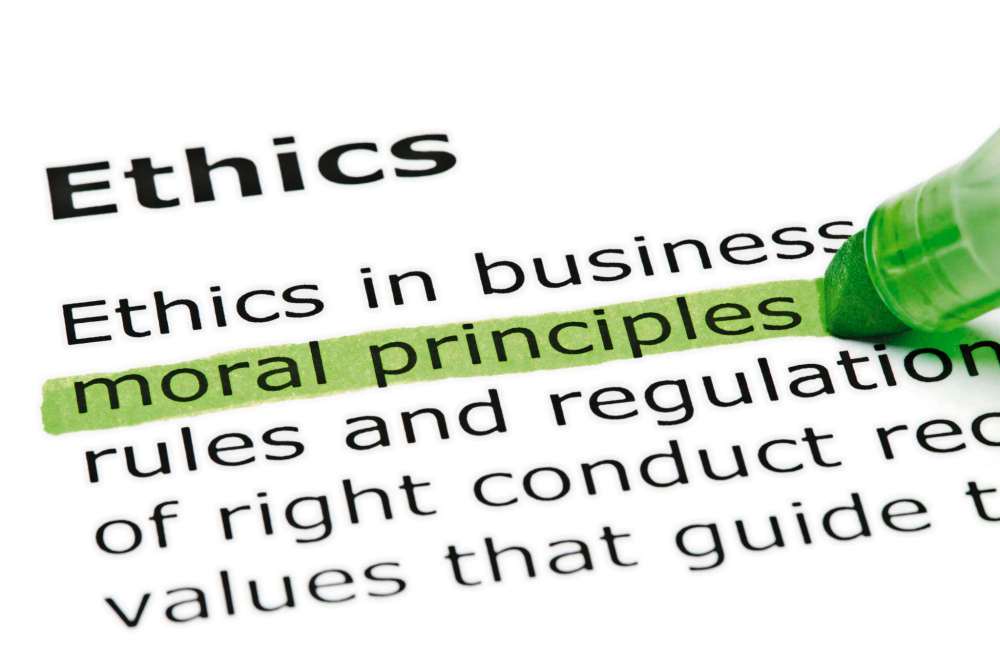What is ‘ethical’ in this day and age?
Advertisement
Hey there, time traveller!
This article was published 18/03/2019 (2446 days ago), so information in it may no longer be current.
It’s unethical. How many times have you been told this? Or the reverse — “act ethically.” These terms are thrown around to condemn or justify certain behaviours but what do they actually mean? And are they being used correctly?
Calling slavery unethical is accurate, and many know this because society tells us. But societal norms can’t be our measuring stick for ethics. Society once considered slavery to be normal or standard.
Defining cheating as unethical is correct but, in most cases, it’s not against the law. Cheating on a significant other is wrong but legal. So laws and legislation can’t form the basis for ethics.
Classifying exclusion as unethical is right but some religious organizations still forbid women from participating in certain activities. And while many religious teachings are underwritten with ethics, religion isn’t the same as ethics.

Feeling guilty about gossiping is a fitting reaction. Our feelings about things can help us decide if they’re ethical or not. But in some cases, our emotions can lead us astray.
We may feel uneasy about doing something uncomfortable, such as telling the truth when it can get us in trouble. Telling the truth is ethical, despite what the queasiness in our stomachs might say. So, we can’t solely rely on feelings to distinguish between ethical and unethical actions.
A common theme between using societal norms, laws, religion and feelings as ethical guidelines is their impermanence. They differ across time, place, and situation.
But ethics are static. They don’t change and they’re not defined by any of the things we rely upon for guidance. And if it’s tough to define ethics, it’s tough to live them out.
Luckily, the Better Business Bureau Foundation (BBBF) teaches a program that helps students and workers understand ethics. It teaches them how to incorporate ethics into their everyday behaviours and decision-making.
The program is called LIFT because it lifts participants up to a higher standard of thinking and acting. The BBBF offers it for free to schools, and students who go through the program are better equipped to pursue their goals while helping their community.
The Better Business Bureau Foundation is a charitable organization (Canada Revenue Agency Charity # 758513725RR0001) which relies on donations to deliver programs that promote ethics in our community.
To donate, please visit Manitoba.app.bbb.org/donatenow or call 204-989-9010, ext. 105.

Better Business Bureau
BBB helps people find and recommend businesses, brands and charities they can trust.
Our newsroom depends on a growing audience of readers to power our journalism. If you are not a paid reader, please consider becoming a subscriber.
Our newsroom depends on its audience of readers to power our journalism. Thank you for your support.




